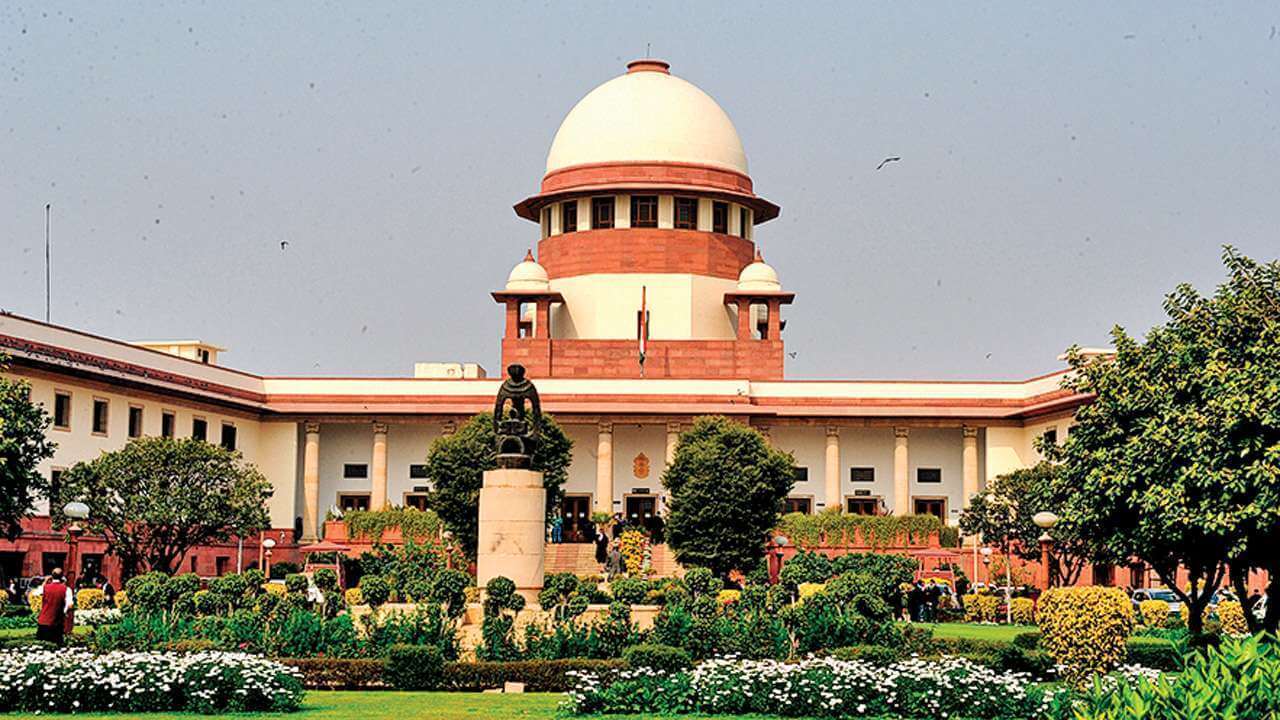


The Supreme Court Committee on Prison Reforms on Thursday stated that Transgender prisoners must be treated at par with other categories of inmates and should enjoy equal rights and facilities.
The committee, headed by former top court judge Justice (retd) Amitava Roy, has recommended its final synopsis of reports filed in the apex court.
The committee emphasized that jail staff and correctional administration at all levels, particularly the guarding personnel, must undergo adequate and regular training to effectively interact with transgender prisoners.
Instances of abuse, harassment, or violence against transgender inmates should be curtailed through workshops and training sessions involving resource persons from academia and civil society.
The panel urged state governments and prison departments to take effective measures to eliminate violence, discrimination, and harm against transgender prisoners.
The panel stated, “Transgender prisoners must be treated at par with other categories of prisoners, and exercise of rights and facilities extended to them (including access to healthcare and medical facilities) must be at par with the latter.”
The committee’s final synopsis, dated December 27, 2022, comprises 9 chapters, including those addressing unnatural deaths in prisons, transgender prisoners, and death row convicts.
In September 2018, the Supreme Court formed a 3-member committee headed by Justice (retd) Roy to address jail reform issues and make recommendations, including addressing overcrowding in prison.
In the chapter titled ‘Transgender Prisoners’, the committee has stated it is essential to observe that any and all attempts to separate transgender prisoners from other prisoners (for safety and security reasons) must not result in their seclusion or isolation.
While discussing conditions in 1,382 prisons across India, the apex court stated that counsel for the parties should assist in addressing chapters related to women and children in detention, transgender prisoners, and death row convicts for the effective implementation of recommendations.
The top court has fixed the matter for further hearing on September 26.
The committee’s final synopsis highlighted that it gathered data on a set of 50 questions concerning the condition of incarcerated transgender prisoners.
Regarding key findings, the panel noted that 16 states identified and segregated prisoners based on medical examinations or biological indicators, often overlooking self-identified gender.
Only 13 states and two Union Territories (UTs) designated a ‘complaint officer’ to deal with complaints of violations of transgender inmates’ rights under the Transgender Persons (Protection of Rights) Act, 2019.
The committee noted, “Majority of the states and UTs have not formulated welfare schemes for transgender prisoners. Existing welfare schemes are being extended to them. Only seven states and two UTs have specifically provided the measures taken by the prison authorities to facilitate their access to the relevant welfare schemes framed by the government.”
The committee suggested revising the Model Prison Manual, 2016, to include a dedicated chapter in line with the Transgender Persons (Protection of Rights) Act, 2019. This chapter should address special needs, documentation, search procedures, placement, medical facilities, and recreational/welfare/educational activities.
The committee stated, “A comprehensive health check-up followed by socio-psychological evaluation should be conducted for every transgender prisoner at the time of admission.”